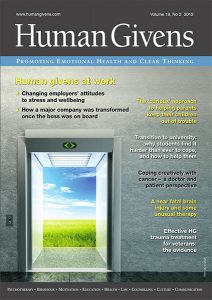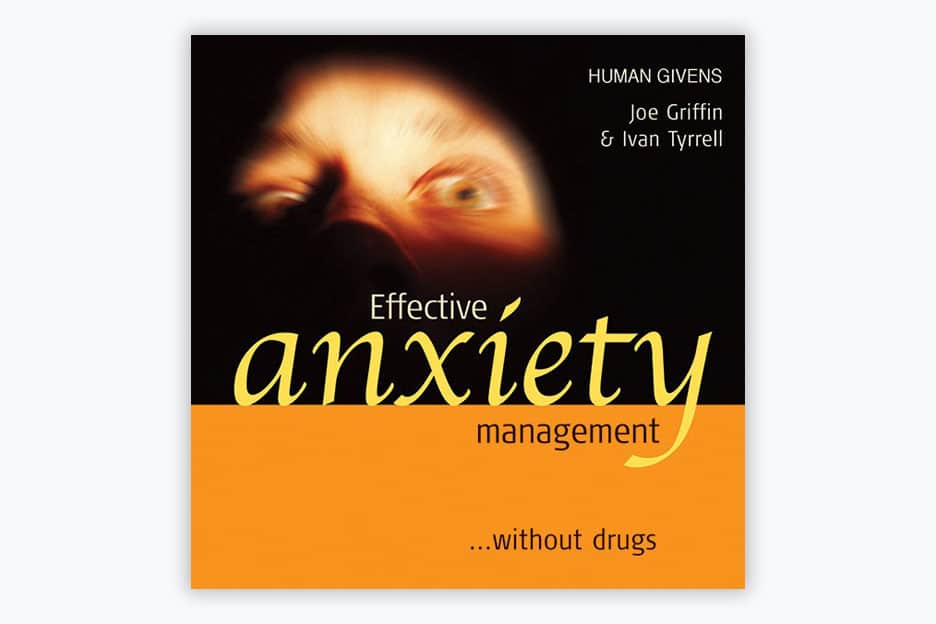Why rejection may harm more popular adolescents for life
Social difficulties during adolescence can influence health negatively over a lifetime, according to emerging research, and a new study takes a step towards explaining why.
Adolescence is a developmentally sensitive period, say Michael Murphy of the University of British Columbia and his colleagues, because “neuro-hormonal systems that play an important role in orchestrating the body’s response to stress are highly plastic during puberty, making them malleable to a variety of social–environmental influences. In addition, adolescence is a time when individuals begin assigning greater value to their status within peer social networks and reduce their involvement with family. With this combination of malleable physiology, focus on status within the peer group, and withdrawal from the family, adolescents may be especially vulnerable to the negative consequences of social stressors.”
Murphy and colleagues propose that the most toxic challenge to social standing in adolescence is targeted rejection – in which someone experiences deliberate rejection by another person or a group, such as by being ostracised or taunted for sustained periods or repeatedly. Targeted rejection precipitates depression three times more quickly than other similarly negative life events. It has been thought that inflammatory responses might mediate this effect but no previous studies have directly investigated the link.
The researchers studied 147 female adolescents – all healthy but with raised risk of depression, either through having a depressed parent or a dyfunctional thinking style. Every six months, for over two and a half years, the girls completed questionnaires concerning life stress and perceived social status, and gave a blood sample. Researchers found that exposure to recent targeted rejection (fortunately, not a common event) activated the molecular signaling pathways that regulate inflammation. The effect was significantly more pronounced in those who perceived their social status to be higher.
Murphy et al speculate that, in ancient times, this inflammatory response might have had survival advantages for individuals at the top of a social hierarchy as they would have been more often under attack by those trying to displace them and therefore would have needed wounds to heal faster. However, an overly productive immune response can harm mental and physical health in the long term. In modern times, those of higher social standing may be more affected by targeted rejection because they perceive themselves as having more to lose and may have less experience in coping with public threats to their sense of status.
The researchers suggest that, if substantiated in future research, these findings could help explain how social conditions increase risk for a variety of inflammation-related diseases, such as obesity, diabetes, cardiovascular disease, certain types of cancer, and depression – risk factors for which become more prevalent in adolescence. The findings “also challenge fundamental notions about the self as a biologically stable entity. For example, although the structure of human DNA changes relatively little over the life course, the activity of our genome is quite fluid and more permeable to external social influence than we realise.”
Reference
Murphy, M L M, Slavich, G M, Rohleder, N and Miller, G E (2012). Targeted rejection triggers differential pro and anti-inflammatory gene expression in adolescents as a function of social status. Clinical Psychological Science, doi: 10.1177/2167702612455743
 This article first appeared in the Human Givens Journal Vol 19, No. 2, 2012. Each issue of the Journal is jam-packed with thought-provoking articles, interviews, case histories, news, research findings, book reviews and more. In order to maintain its editorial independence, the journal doesn’t take advertising – which means it depends on new readers and subscribers. If you enjoy the articles on our websites, why not take out a subscription or buy a back issue today…
This article first appeared in the Human Givens Journal Vol 19, No. 2, 2012. Each issue of the Journal is jam-packed with thought-provoking articles, interviews, case histories, news, research findings, book reviews and more. In order to maintain its editorial independence, the journal doesn’t take advertising – which means it depends on new readers and subscribers. If you enjoy the articles on our websites, why not take out a subscription or buy a back issue today…





